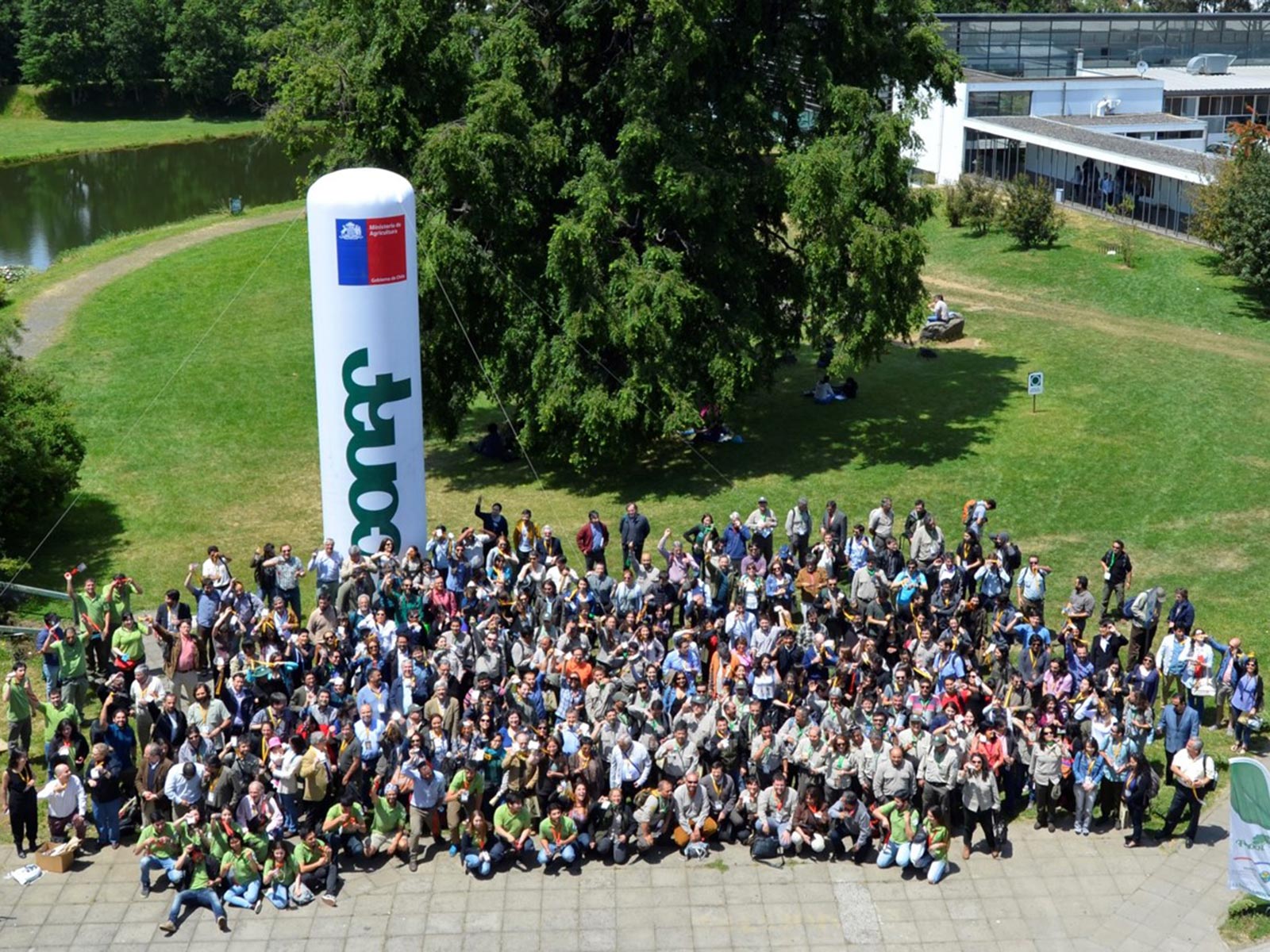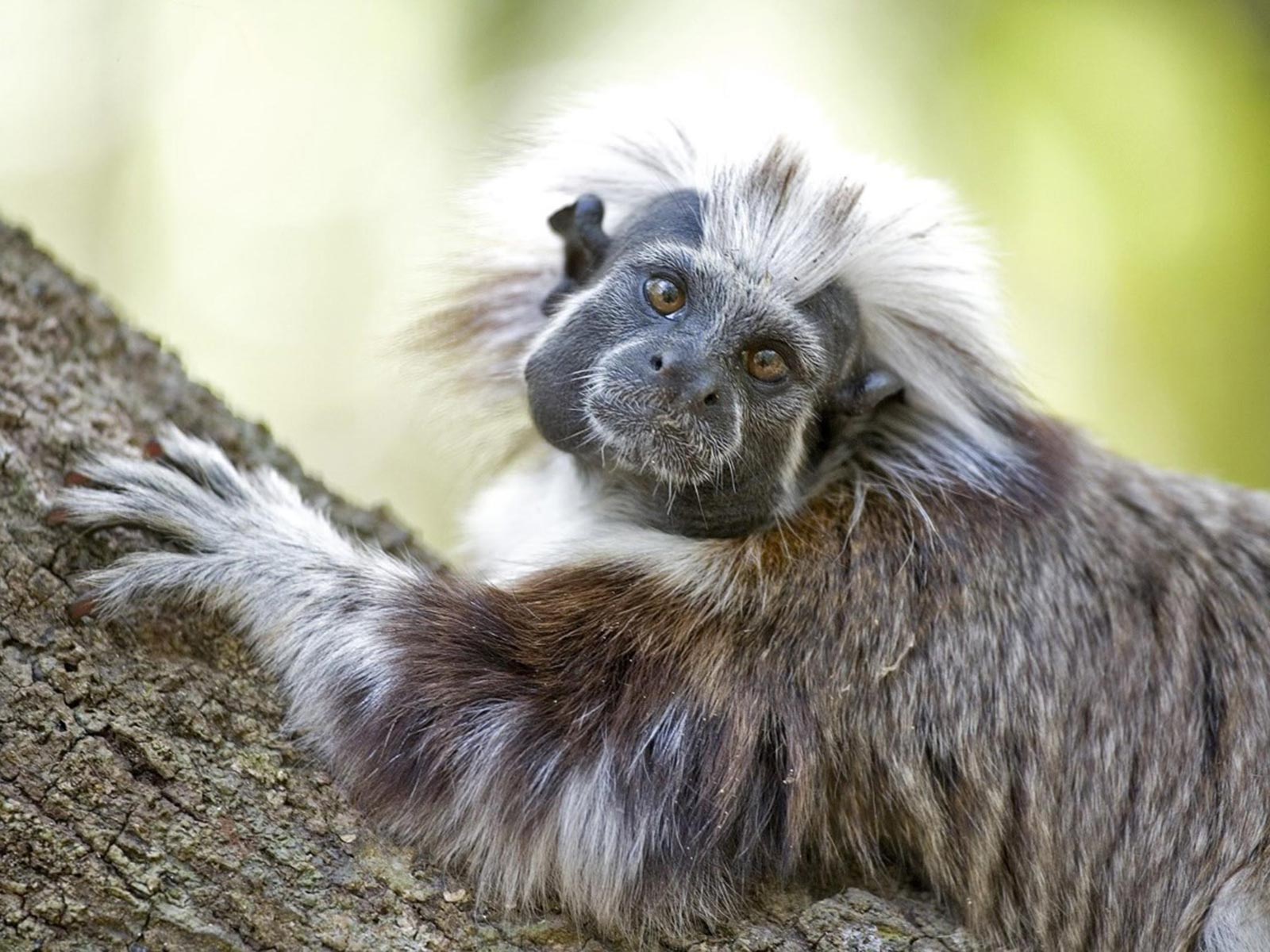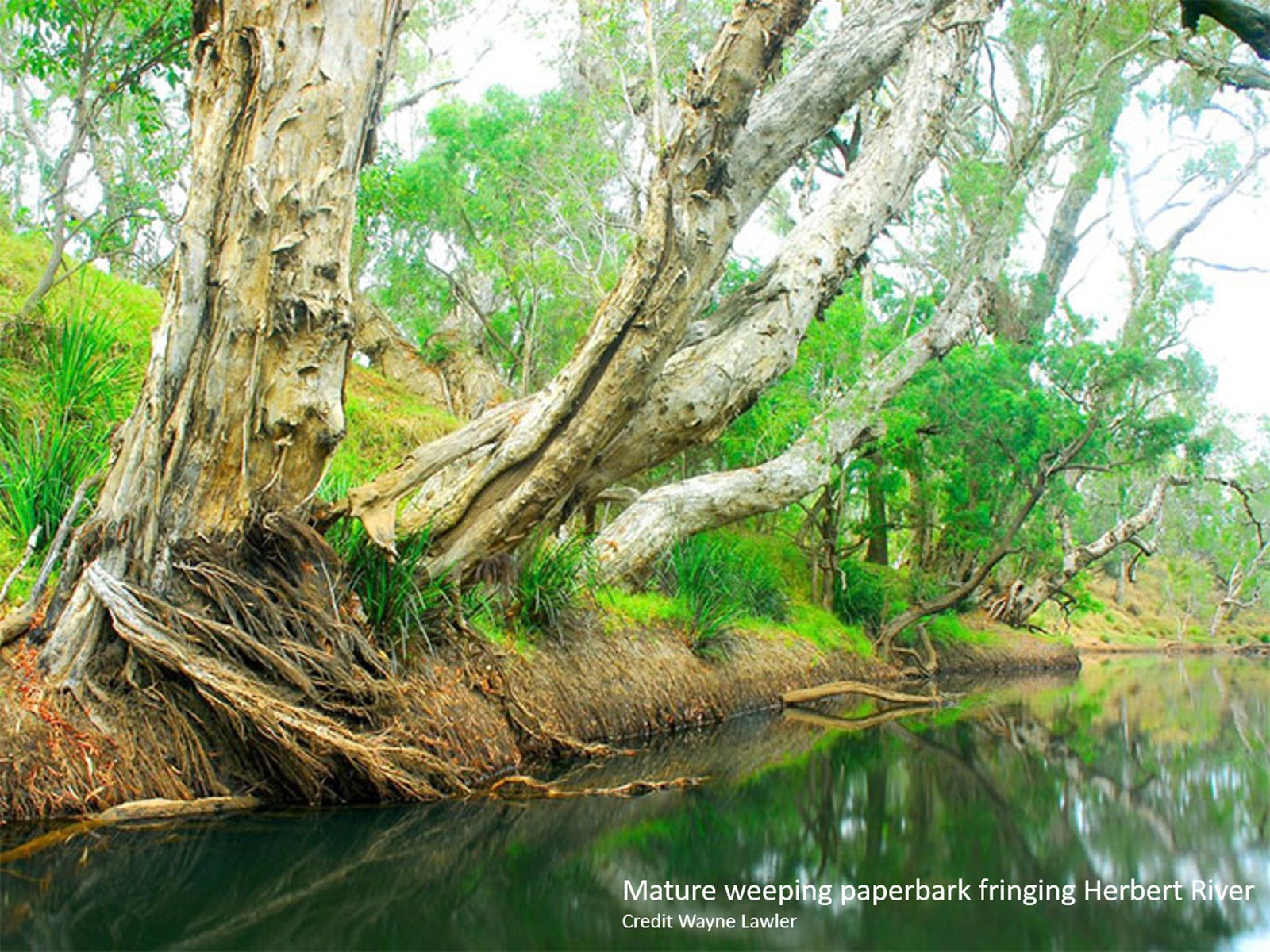
Photo Credit: Unknown
1st Place:
Drawn from a lively field of entries, the inspiring Road Traveled in Chile won handsomely showing good implementation of the Open Standards at multiple scales and providing an excellent overview of the issues involved in making OS the core planning process.
It also demonstrated a successful change in organizational culture, with the competition ‘crowd-sourced voting’ being swamped by happy Chilean staff and colleagues.

Photo Credit: Unknown
2nd Place:
Proyecto Tit: Using an Adaptive Management Approach to Expand Efforts to Save Cotton-top Tamarins in Northwest Colombia
This project seized an opportunity presented by a newfound peace in Colombia to expand its work to new locations, using the OS to efficiently adapt planning and apply lessons learned from their earlier project work.

Credit: Wayne Lawler
3rd Place:
Bush Heritage Australia: with their solid use of the OS in communicating the planning, management and monitoring of Yourka Reserve – A Unique Tropical Savanna Ecosystem was awarded third place.
Judges saw this as a good example of full cycle adaptive management – adapting targets, goals, threats and objectives over time as more knowledge became available, and also for the compelling use of dashboards to show progress on key threats and targets.
Honorable Mentions
Two other projects gained an Honorable Mention.
An impressive effort from Bat Conservation International: From Great Conversation to Great Conservation demonstrates that the OS can be deployed across an organization with sufficient management will and funding, and was a great example of learning by doing throughout the training process. However, the case study was focused on very early steps in the process of OS implementation and was thus unable to address specific actions taken.
Whilst still in its early days, the very promising USAID Learning Group Explores the Effectiveness of Enterprises as a Conservation Strategy demonstrated a highly scaleable approach. Following a deep initial investment in developing a generic Theory of Change and extensive evidence gathering, USAID has created a robust framework for systematic learning. As a conservation enterprise strategy lies at the core of many bilateral and multilateral conservation and community development investments, getting this right has potential to underpin effective conservation.
